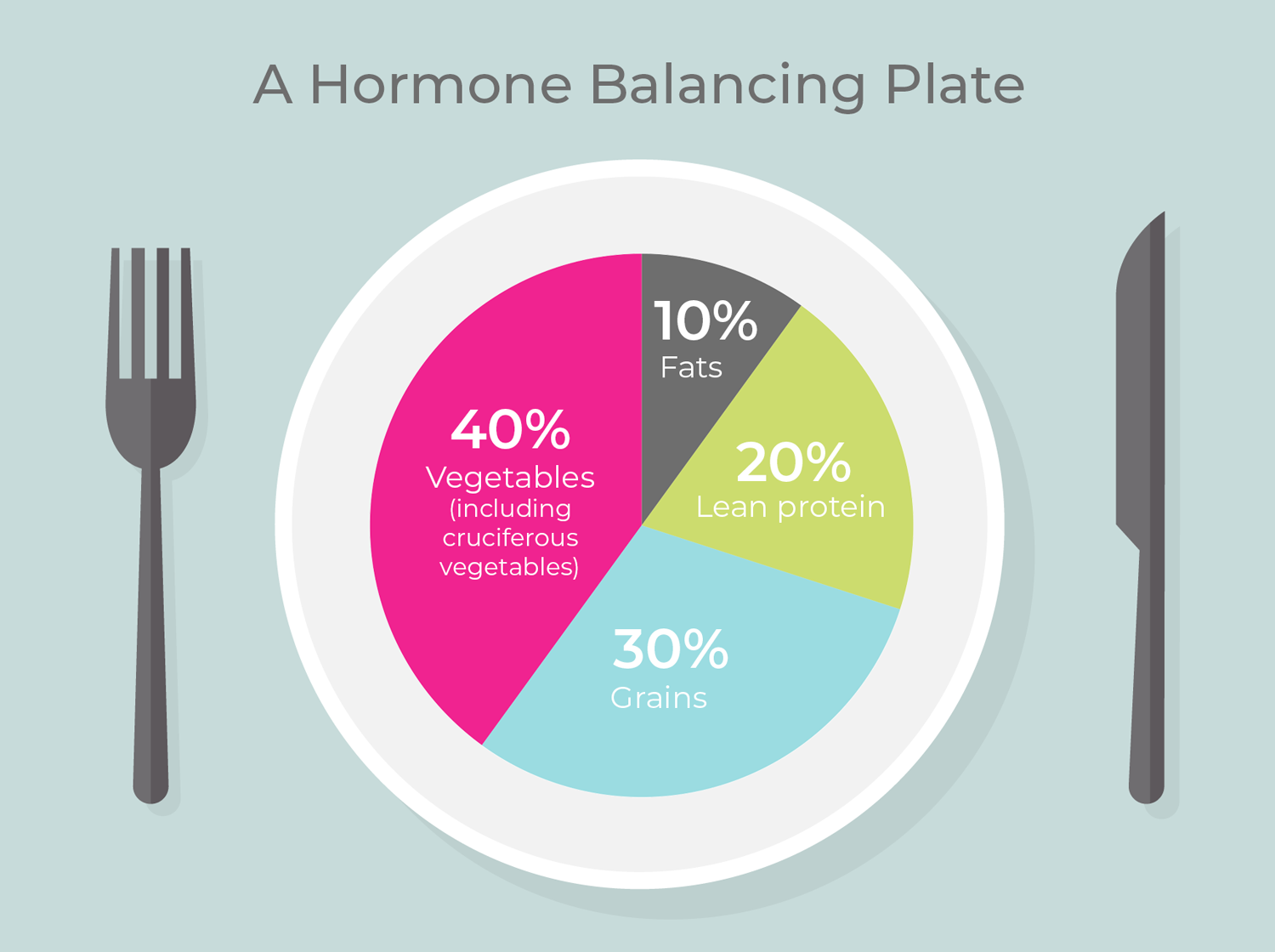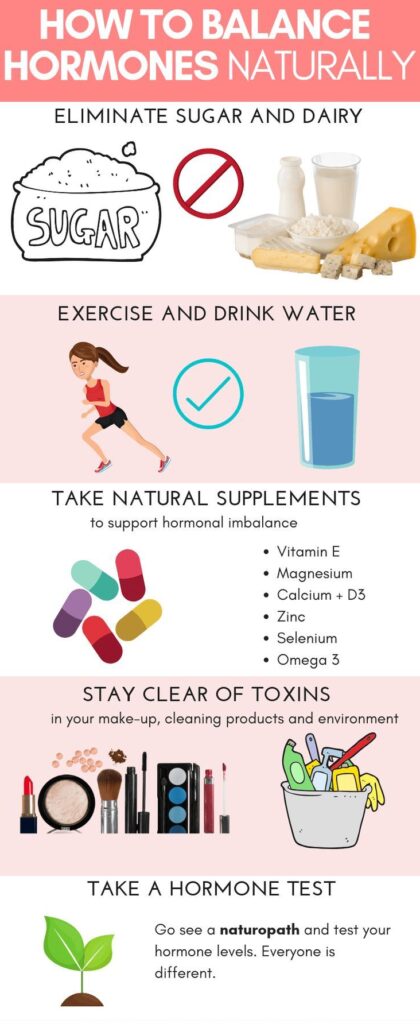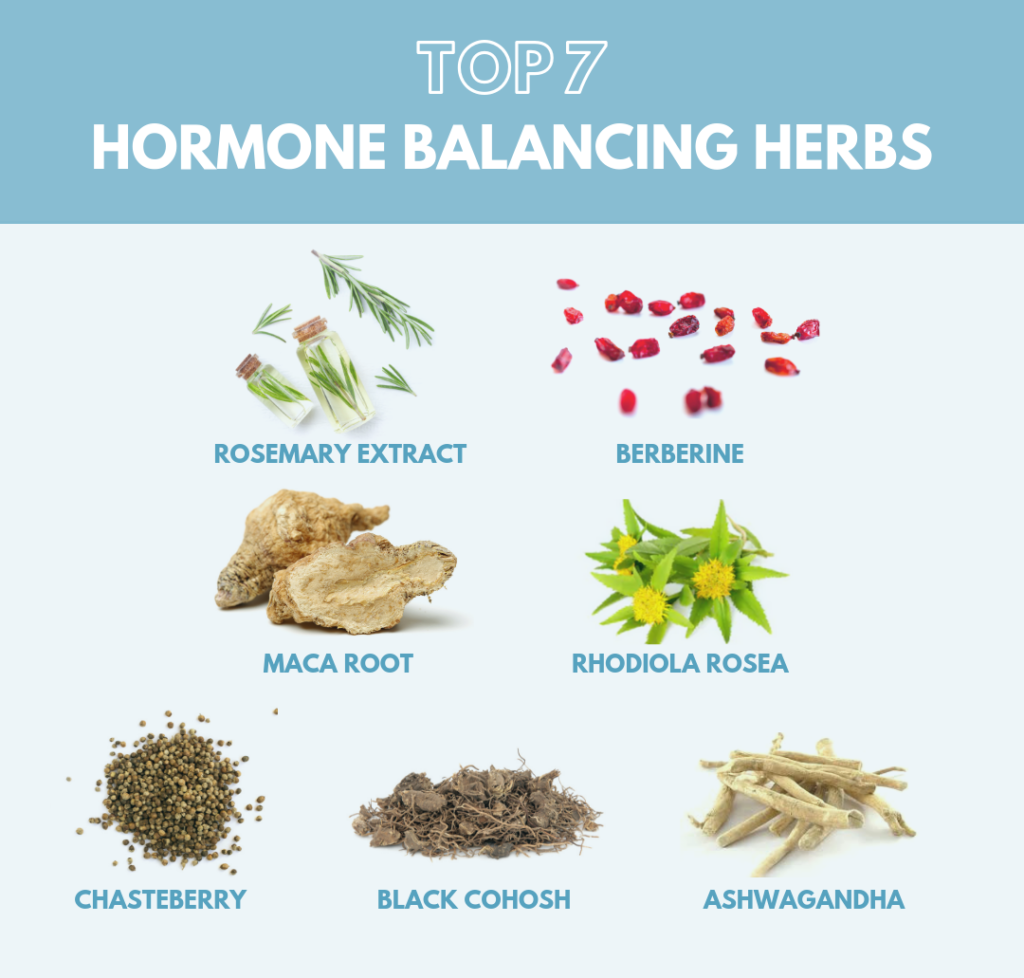Contents
Introduction
The topic of naturally balancing hormones is becoming increasingly significant as individuals strive to enhance their overall health and well-being. Hormones play a vital role in the body by regulating various bodily functions and maintaining equilibrium. This article explores the importance of maintaining balanced hormones and provides strategies and practices to achieve hormone balance naturally.
Historical Background
Our understanding of hormone imbalance and its recognition has evolved over time. Researchers and medical professionals have made significant advancements in unraveling the complexities of hormone balance. From the initial discovery of hormones themselves to the development of hormone replacement therapy, the field has seen remarkable progress.
Key Concepts and Definitions
To comprehend the significance of hormone balance, it is essential to define hormones and their role in the body. Hormones are chemical messengers produced by various glands that regulate essential bodily functions. Maintaining hormonal balance is vital for optimal health and well-being. Understanding the functions of common hormones such as estrogen, progesterone, testosterone, and cortisol is crucial.
Main Discussion Points
Lifestyle factors influencing hormone balance
Numerous lifestyle factors can significantly impact hormone balance. Diet and nutrition play a key role, as certain foods can either support or disrupt hormonal balance. Regular exercise and physical activity help regulate hormone levels and promote overall well-being. Stress management techniques, such as mindfulness and relaxation exercises, are vital in maintaining hormonal balance. Adequate sleep and rest are also crucial for hormone regulation.
Natural remedies and practices for hormone balance
Various natural remedies and practices can aid in hormone balance. Herbal supplements and remedies have been used for centuries to support hormonal health. Essential oils, known for their therapeutic properties, can also be beneficial in promoting hormone balance. Acupuncture and traditional Chinese medicine offer alternative approaches to hormone regulation. Yoga and meditation, with their calming effects on the body and mind, can contribute to hormone balance.
Hormone balancing through environmental changes
Environmental factors can disrupt hormone balance. Reducing exposure to endocrine-disrupting chemicals, commonly found in household products and plastics, is crucial for maintaining hormonal health. Creating a hormone-friendly living environment by opting for organic products and minimizing exposure to toxins is essential. Supporting the body’s detoxification processes through proper nutrition and lifestyle choices can aid in hormone balance.
Case Studies or Examples
Real-world examples and success stories of individuals who have achieved hormone balance naturally provide valuable insights into effective strategies. By understanding their journeys and the methods they utilized, readers can gain inspiration and guidance in their own pursuit of hormonal balance.
Current Trends or Developments
Recent research findings on natural approaches to hormone balance shed light on emerging trends and therapies. Scientists are continuously uncovering new information on hormonal health and exploring innovative treatment options. Advancements in technology, such as wearable devices and personalized medicine, offer promising avenues for future hormone balance research and treatment.
Challenges or Controversies
While natural hormone balance approaches have gained popularity, individuals may face challenges in adhering to lifestyle changes and finding the right balance. Differing viewpoints and controversies surrounding certain approaches or remedies can also create confusion. It is important for readers to be aware of these challenges and consult with healthcare professionals for personalized guidance.
Future Outlook
The future of hormone balance research and treatment holds great potential for advancements and breakthroughs. Continued research and collaboration among scientists, healthcare professionals, and holistic practitioners will likely result in improved understanding and more effective strategies for achieving hormone balance.
Conclusion
In conclusion, naturally balancing hormones is crucial for overall health and well-being. By understanding the role of hormones, implementing lifestyle changes, exploring natural remedies, and being mindful of environmental influences, individuals can take proactive steps towards achieving hormonal balance naturally. The journey towards hormone balance may have its challenges, but the rewards in terms of improved health and well-being are invaluable.


